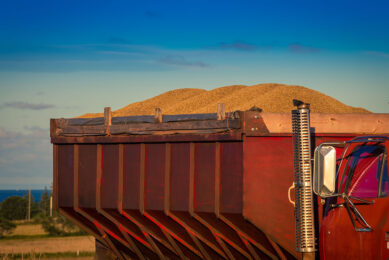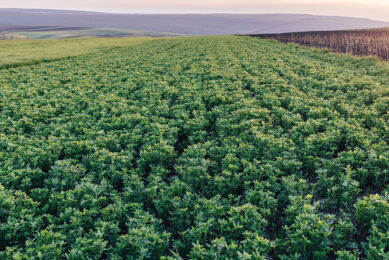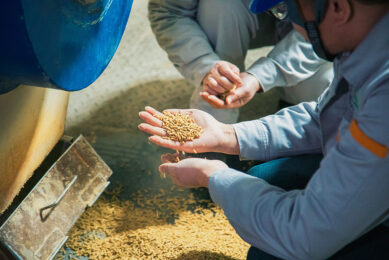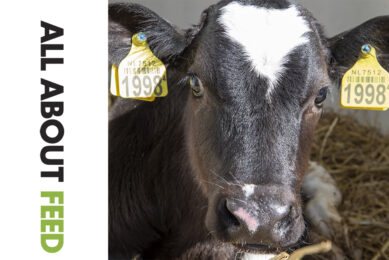The robotic feedmill

Have you ever thought of your mill as a giant robot? It gobbles up ingredients, tears them into little pieces, then reforms them, and spits them out as animal feed. Essentially, that is what a properly automated mill does.
As much of the process as possible is computer driven from receiving raw materials all the way to pelleter operations and loadout. No, most mills don’t operate that way…yet.
Lack of skilled workforce
The lack of availability of good employees, especially in rural areas is driving mills in that direction though. Even in more populated areas, operators with good skills and experience are difficult to find. A modern, automated mill changes the way we should think about our operations and the people managing the mill.
What does an robotic feedmill do?
The system can control virtually every machine and process within the mill. It receives ingredients at the proper location. It schedules orders into production in the proper sequence. It grinds grains to the proper micron size, adjusting while the rolls turn. It adds all the ingredients to the rations and operates the mixer system. It controls the pelleter and adjusts rolls for each type of feed. (It still won’t unplug the pelleter, however.) Then the system can control loadout to trucks and automatically pull samples. In extreme examples, you can start the process remotely from your phone.
So what? Why are we talking about this?
Because it changes the mindset of the operations people in the mill. The mill operator doesn’t come in to “make feed”. Try hiring a millennial to do that. Their job is now to control the robot: give it instructions, feed it ingredients, and maintain the equipment. An automated mill runs with very few people. Sometimes only one. The job description is not to sit in a chair and watch the computer make feed. (I see this far too often.) It is a multi-faceted job from setting up orders, feeding the micro machines, performing machine maintenance and checking quality control parameters. This is a very busy job.
What does a modern mill operator look like?
There are dozens of different processes constantly repeating themselves as the robot is making feed. Today’s mill operator is a unique individual who understands both the machinery and the software. College educated? Hmmm, probably. Or experienced with a progressive attitude. There are some really good grain science programmes out there and more are coming. (Blatant promo: Iowa State is currently building a new feed mill for their Grain Science programmes.) Do they get paid well? Yes, this is no longer my generation’s version of working in a feed mill. This is no longer just a job; it’s a profession. The robot feed mill. I hope that conjures up an image for you that changes how you think about our industry. Thanks for reading. Until next time.











